The Material Review
Issue 133: Miles Davis Archive, When Copyright Runs Out, Airplane Wi-Fi, Invite-only Restaurants, Disenchantment of Baseball, Carhartt, The Camel Trophy and Spotlight On: Yi Yi.
Stories worth reading. Stop indexing the internet.
Look Inside Miles Davis’s Iconic Wardrobe
“A first view of an archive of the jazz legend’s treasures, plus the season’s best Miles-inspired looks, in a retrospective of the unmatched trumpeter’s style and sound” [WSJ]
From Cheap Souvenirs to Handmade Ceramics: What Happens When Copyright Runs Out
“Frida Kahlo has a new line of rugs. East Fork made a collection with Henri Matisse’s art. When work becomes public, estates are left to navigate honoring a legacy that anyone can commodify.” [Dwell]
Please, someone save humanity from airplane WiFi
“Plane time is your time, don’t let them take it from you.” [The Daily Grog]
The Meaning of Carhartt
“A trip to the company archive” [Articles of Interest]
The Disenchantment of Baseball
“Rule changes pull the veil from the sport’s high mysteries” [THR]
Inside Tokyo’s Sugalabo
“A private phone number, secret opening times, and no interest in Michelin: Inside one of Tokyo’s invite-only restaurants” [CNN]
The Camel Trophy: The Origins
“Dirty, dangerous and Legendary.” [Retro Ralph]
A shortlist of things we’ve got our eye on.
Stanley Adventure All-In-One Boil + Brew French Press
Tender Co. Ambler Coat
Wooden Sleepers Long Bill Hat – 005
Discommon Goods- The Puck
Peak Design Roller Pro Carry-On
Yi-Yi
In an effort to spend less time scrolling, I’ve been working through a list of movies I’ve been meaning to watch. Yi Yi kept popping up on “best of” lists over the years, but I’d never gotten around to it until recently. At just under three hours, it’s a long one, but breaking it into a few hour-long sittings made it much more manageable. Released in 2000, the film follows the quiet drama of a multi-generational Taiwanese family, told through a series of vignettes that move gently between characters over the course of a year in what feels like real time, making it easy to step away and return without losing its rhythm.
The film is a perfect reminder that less really can be more. Director Edward Yang makes quiet moments feel monumental: wide, still shots that look like paintings, full conversations that unfold without a single line of dialogue. The piano score, performed by Yang’s wife, Kaili Peng, adds another layer of intimacy that makes the whole thing feel even more personal.
Maybe it’s an obvious take for anyone with a Criterion account, but there was something remarkable in the water in early-2000s Asian cinema. Between Yi Yi and Wong Kar-wai’s work from the same era, both captured a rare mix of longing and stillness. While parts of Yi Yi take place in Japan, most of it unfolds in Taipei, a city not often given the spotlight in international films and one I didn’t know much about going in, but it feels like a character of its own. The streets, the lighting, the pace all perfectly mirror the film’s quiet rhythm. By the end, I wanted to see it for myself. And honestly, is there anything cooler than a night drive soundtracked by jazz?
Style Notes
The wardrobe is its own study in the power of restraint. No logos, aside from the occasional school uniform (and patriarch NJ’s great Stanford tee), clean proportions, and an ease that could just as easily be a Uniqlo campaign today. The suiting, slightly dated in color palette, still feels right and had me revisiting this great piece on the re-emergence of Japan’s Sewer-Rat Power Suit. - TS
Check out Yi Yi on Criterion or Apple.




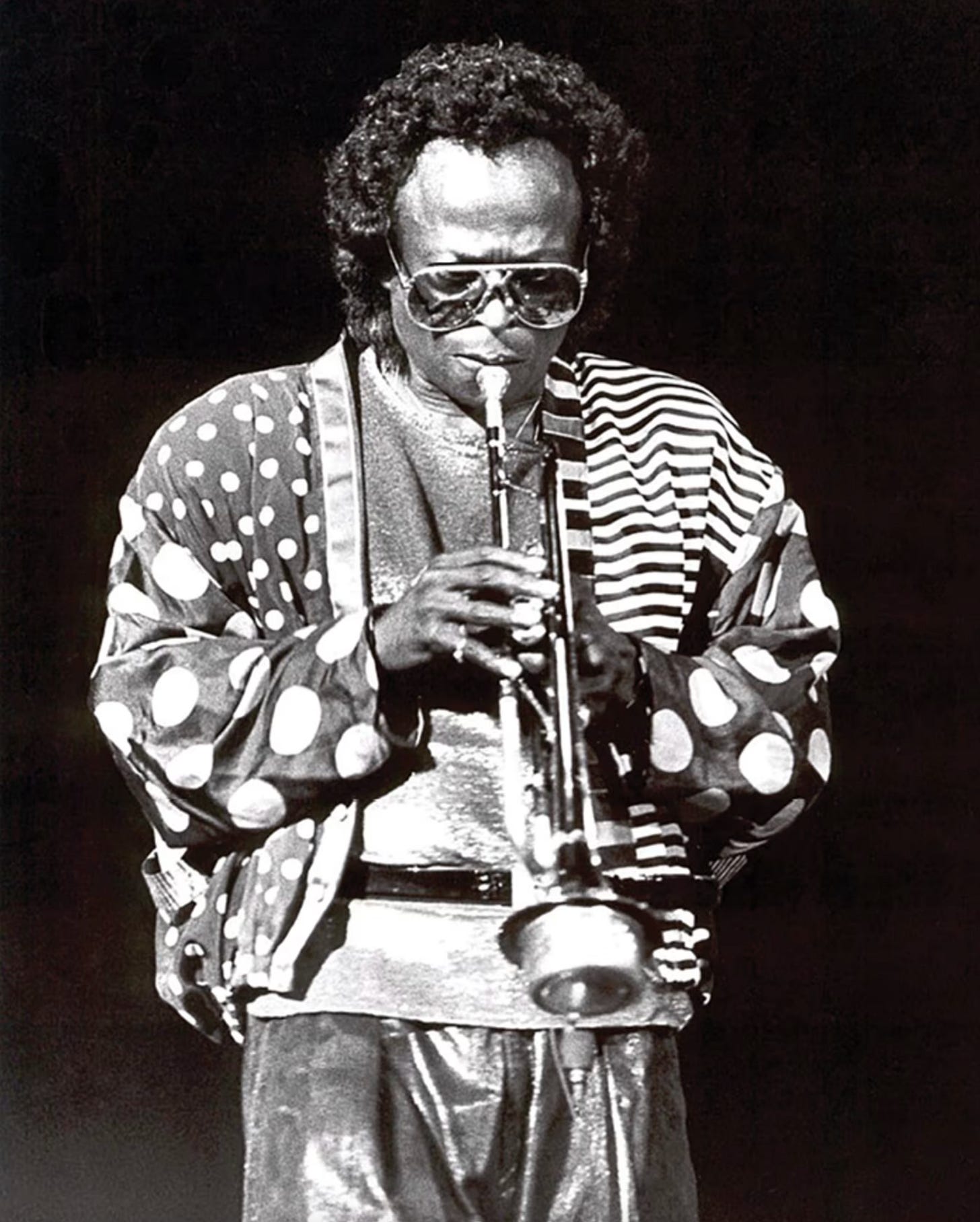
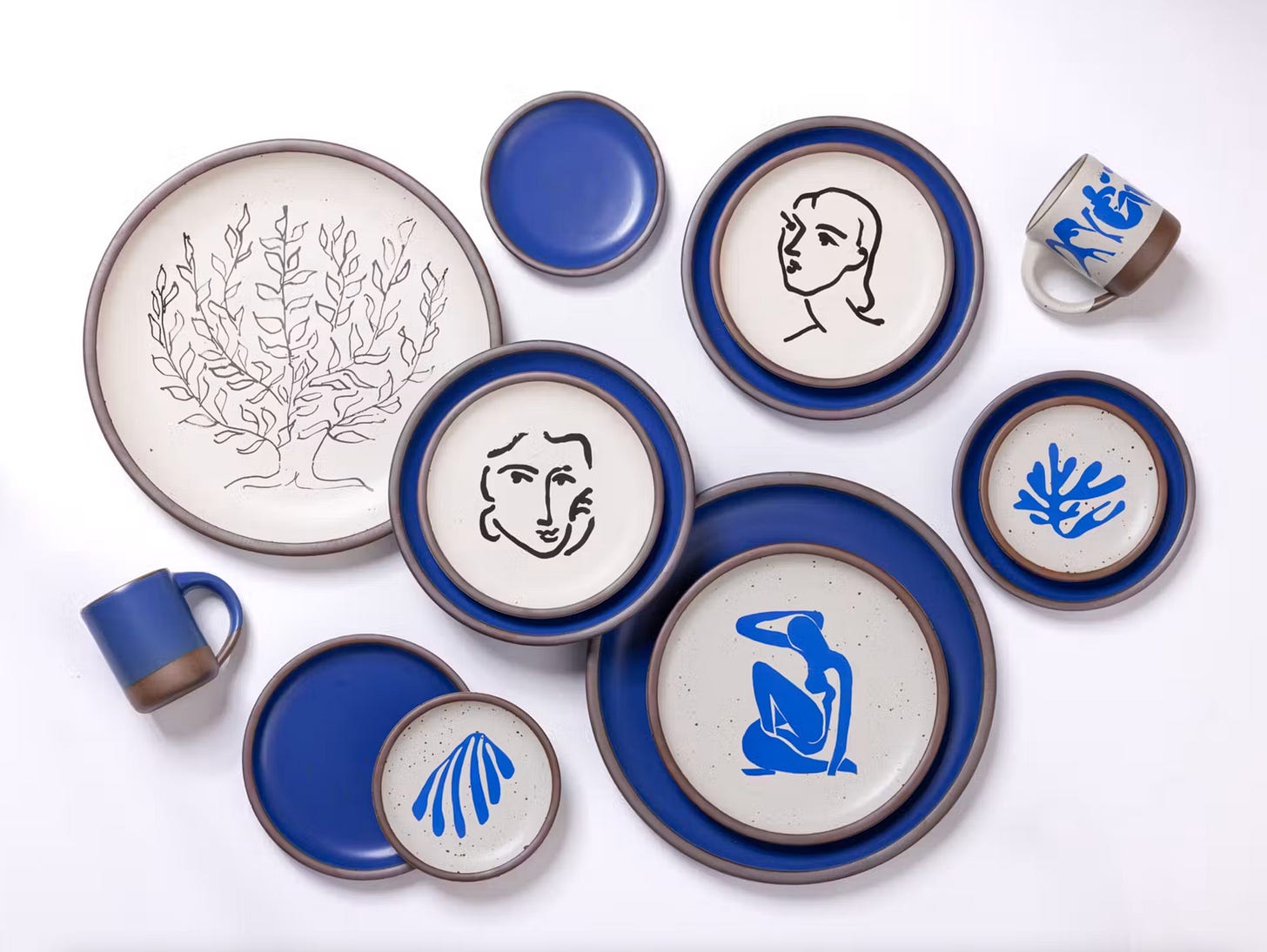








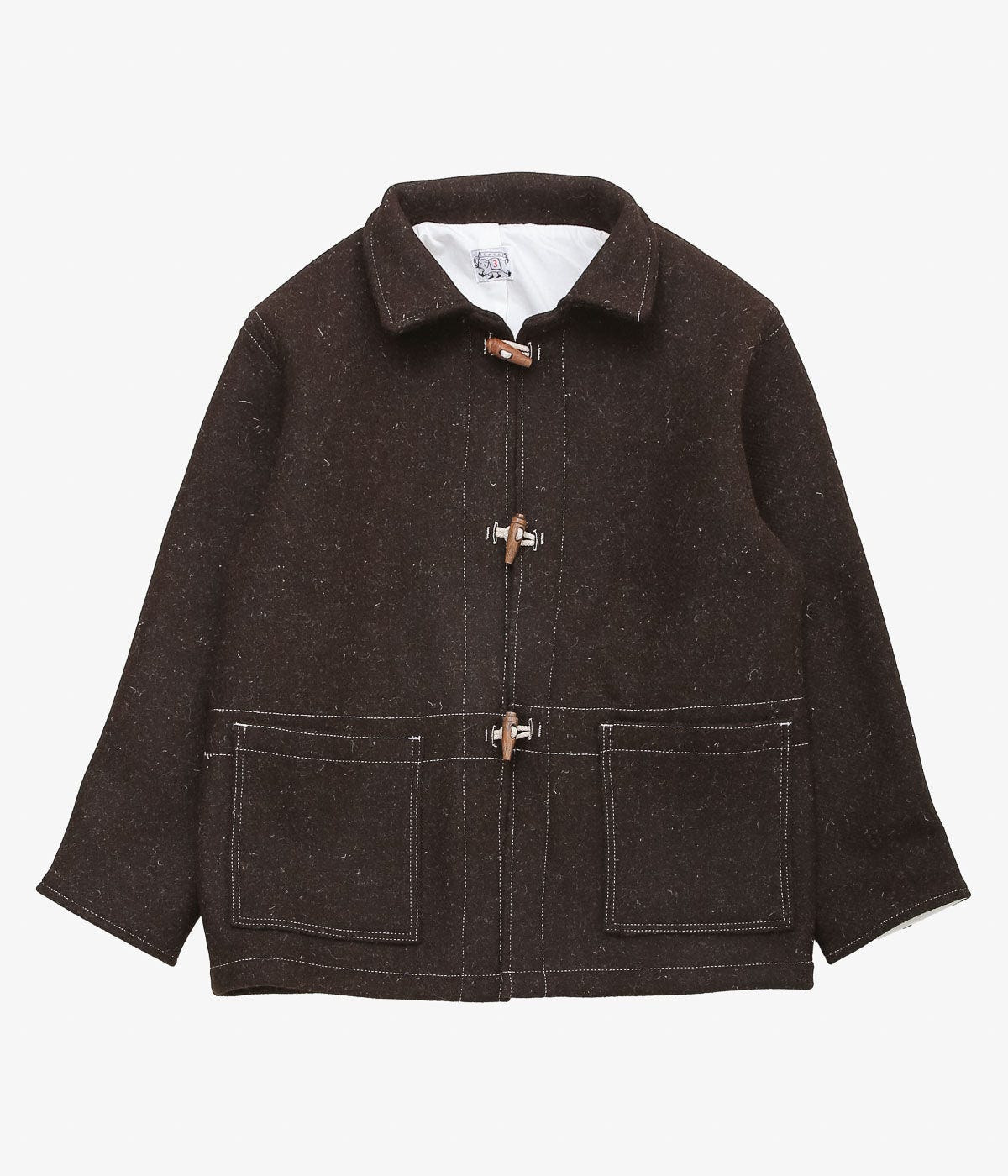
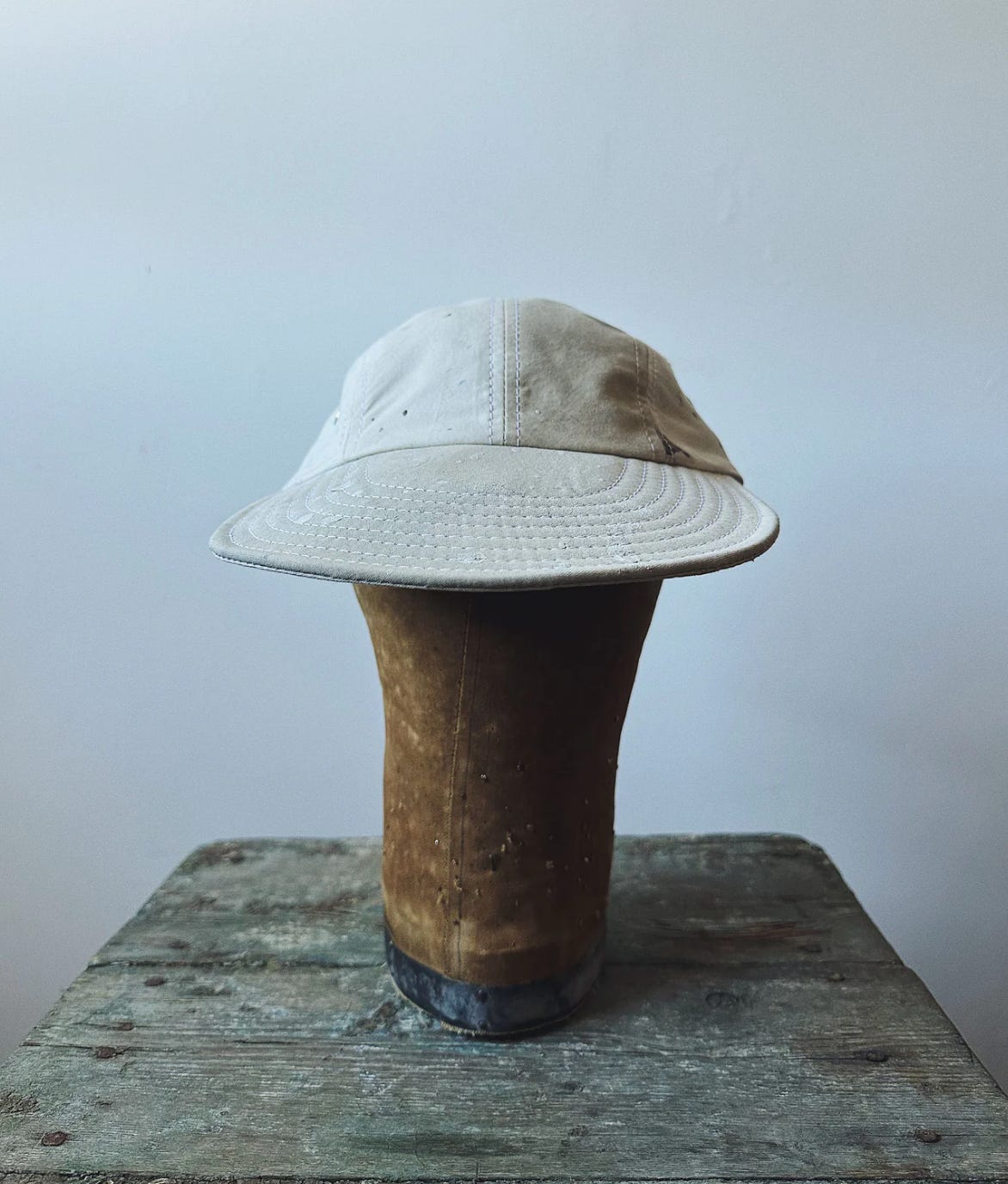
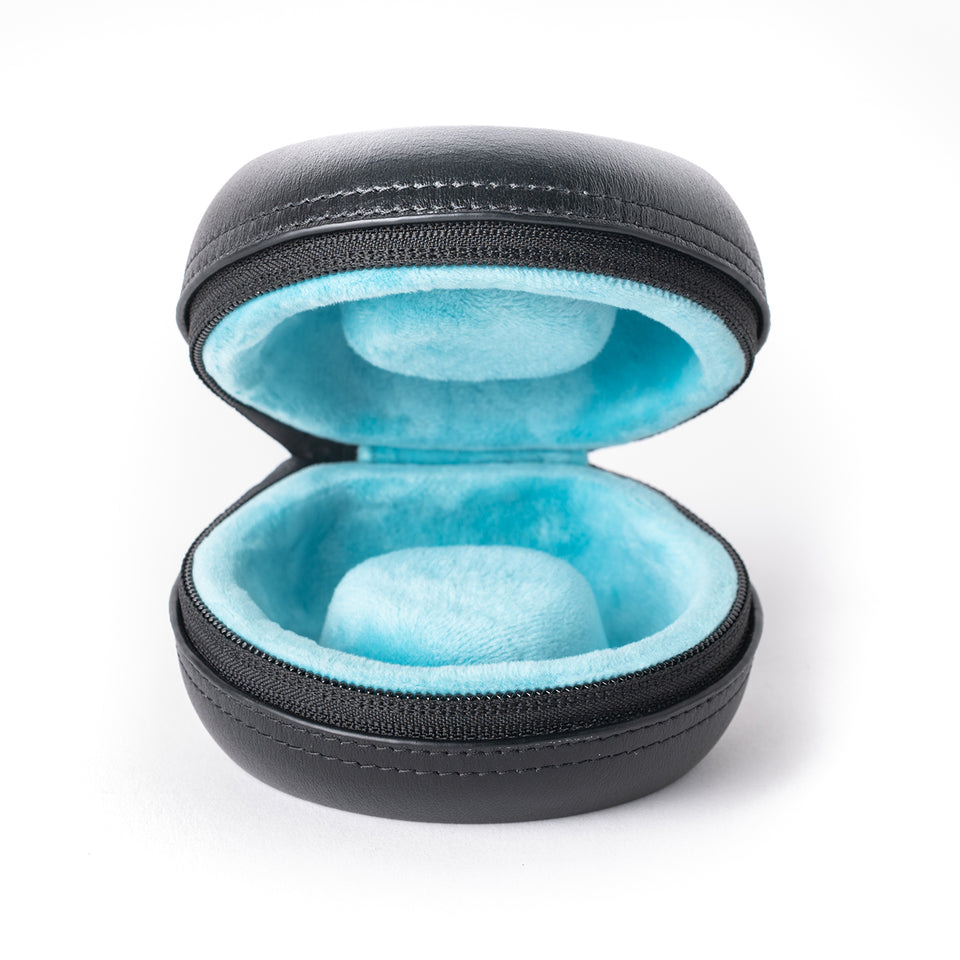
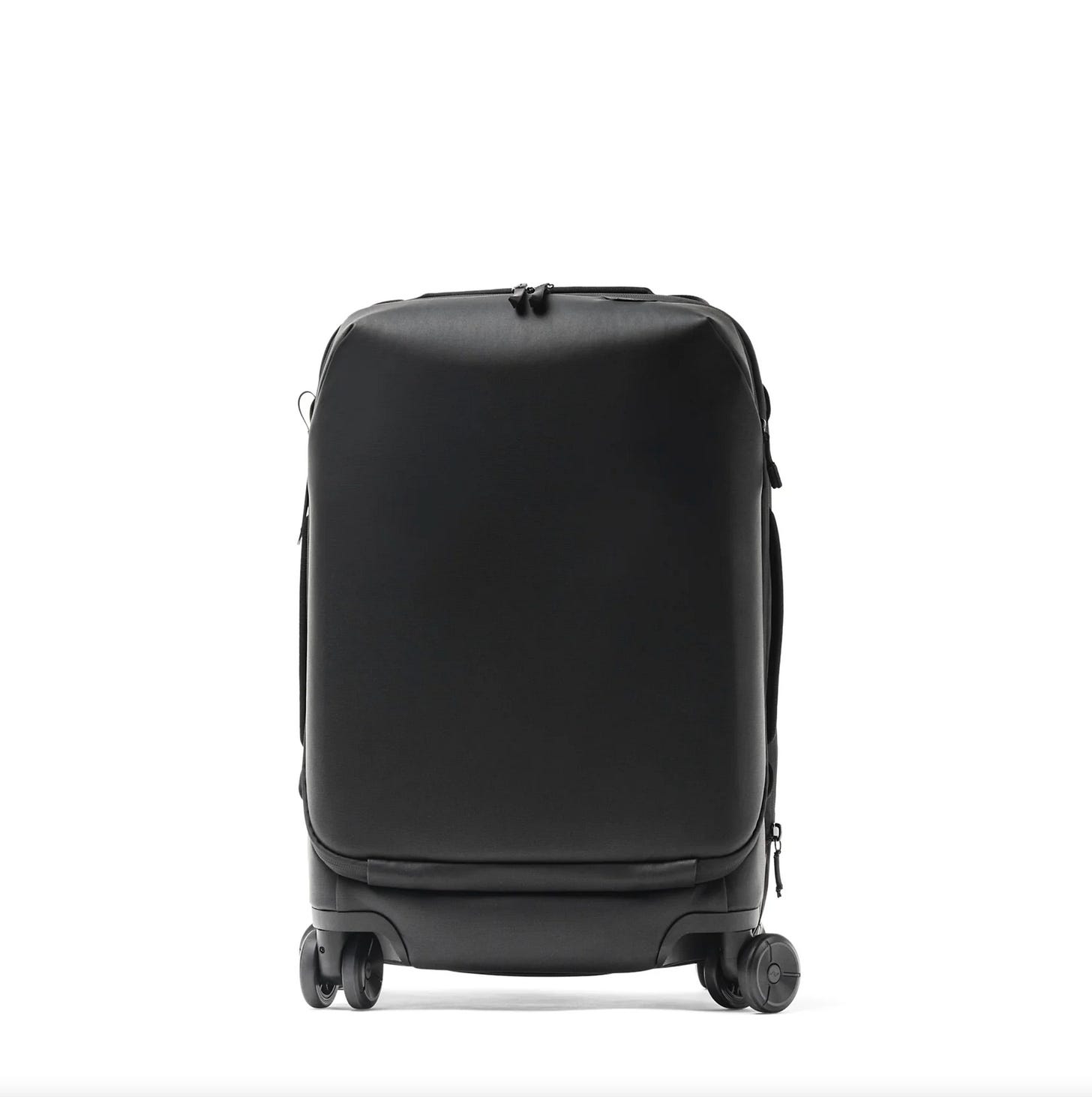


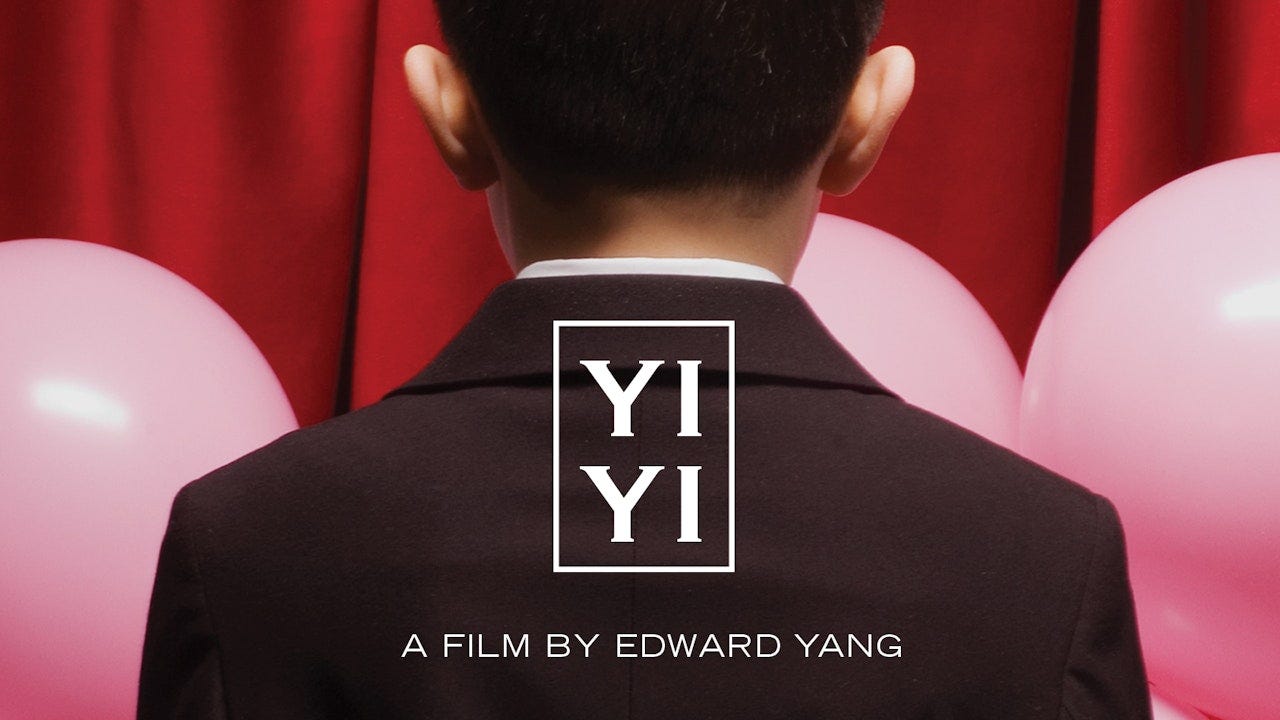
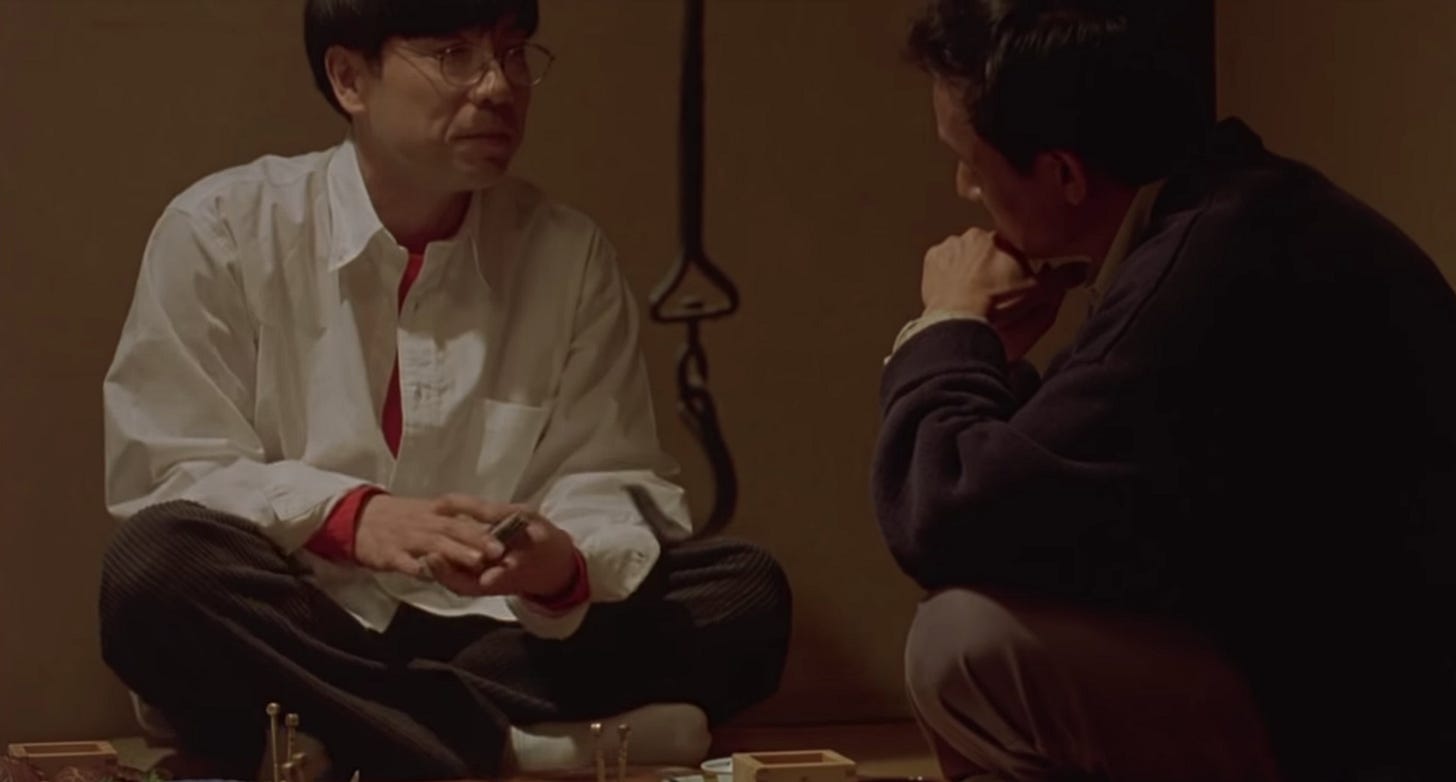
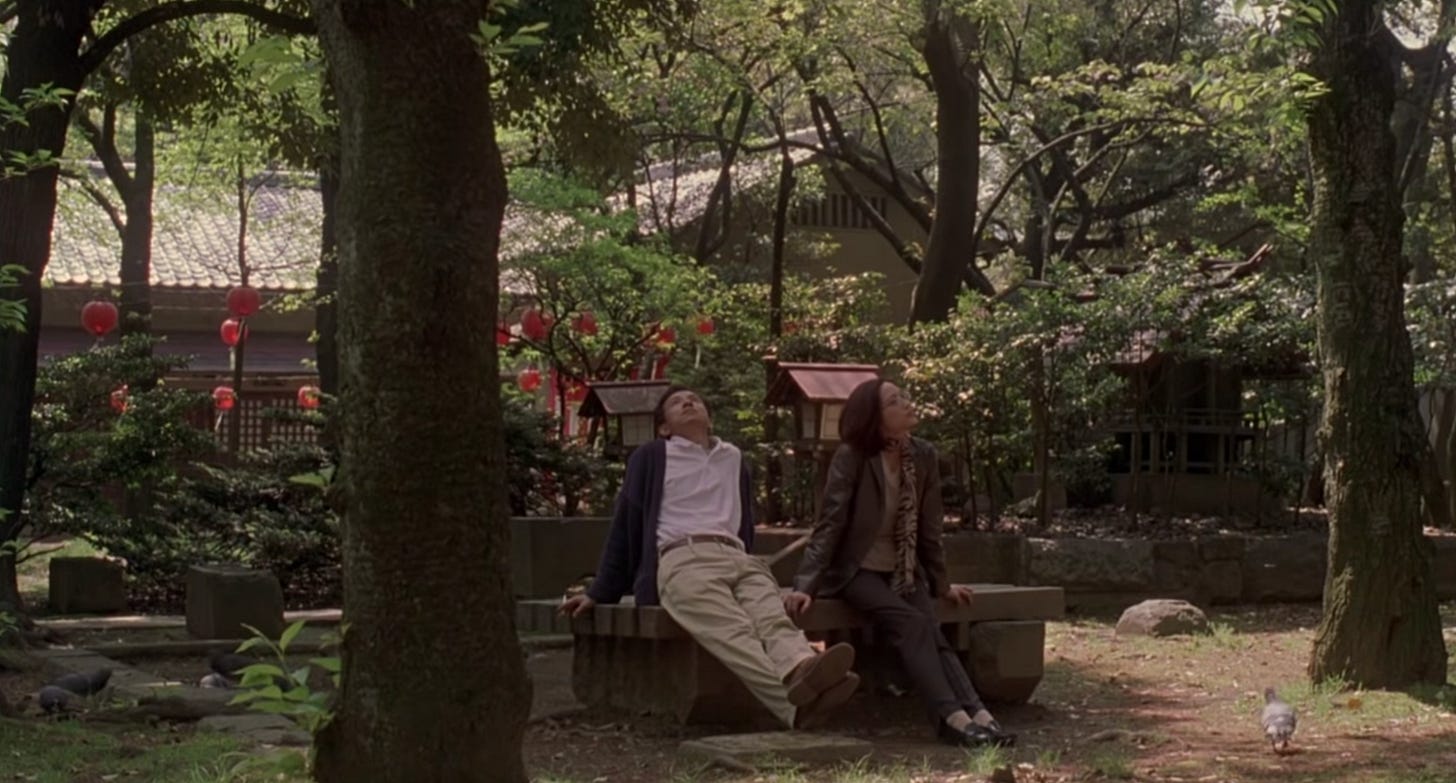
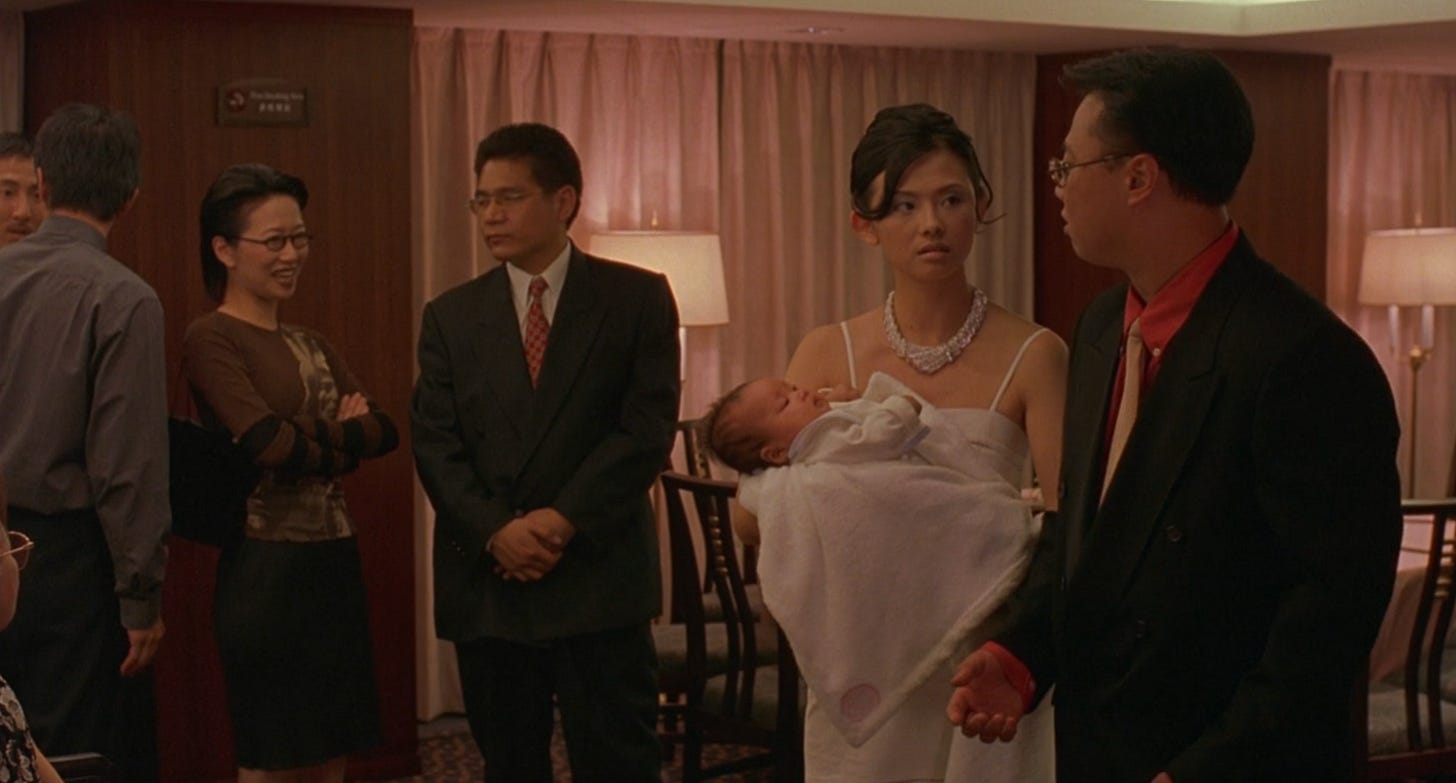
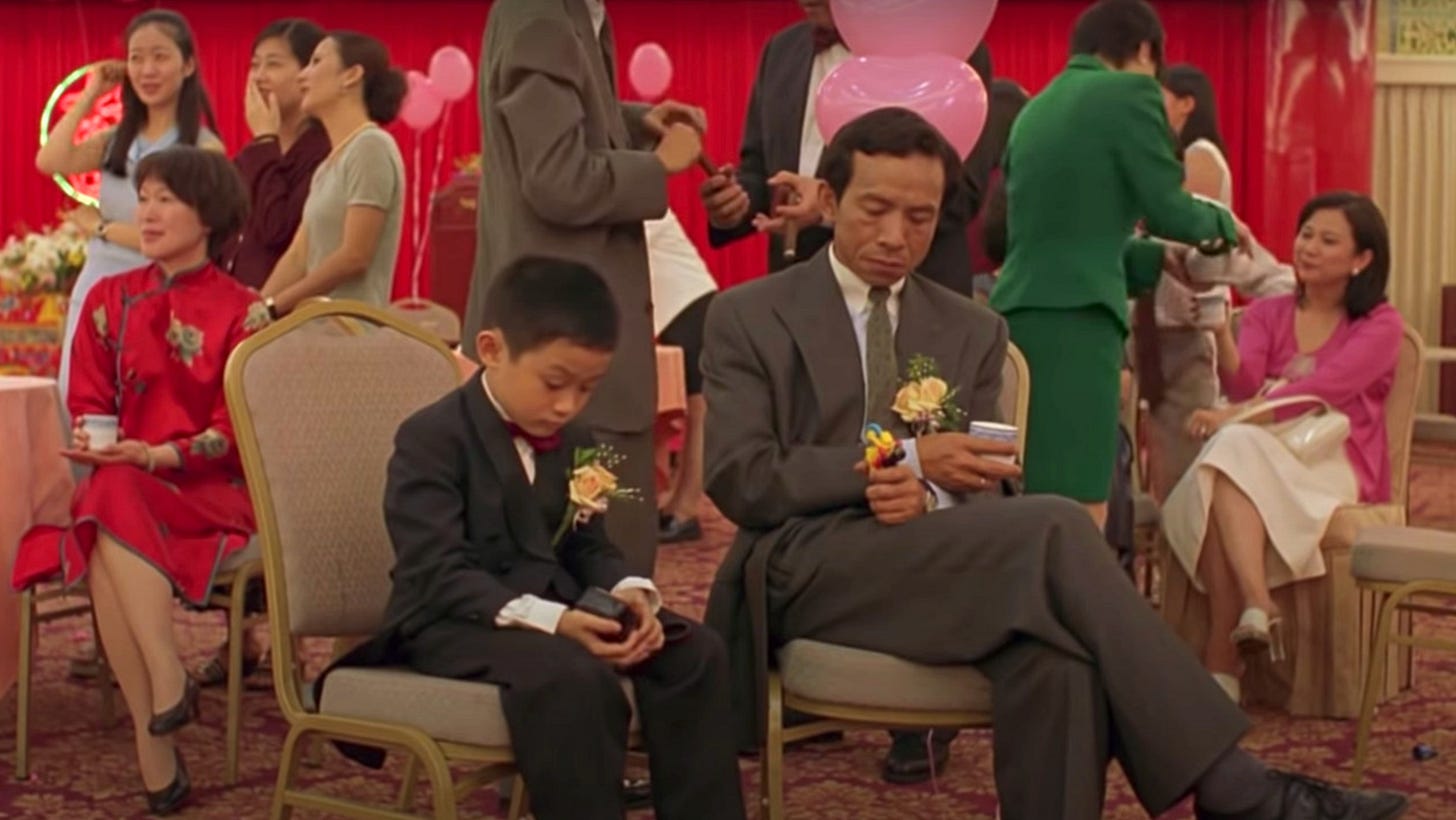
Thanks for the shout! Big fan of your work and the podcast with Dave!
Love this! Thanks for the feature